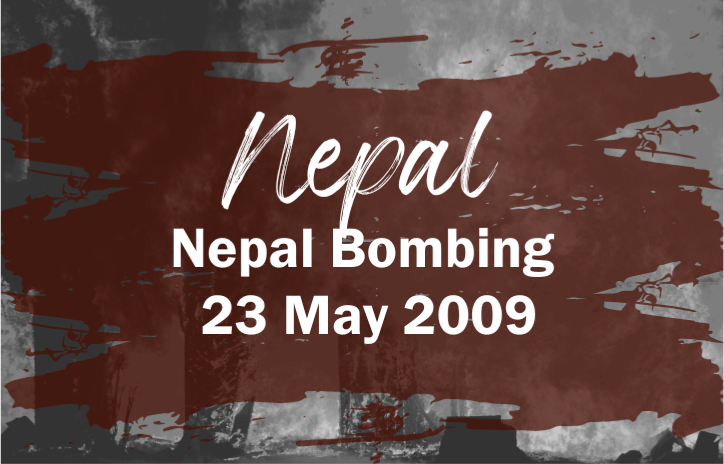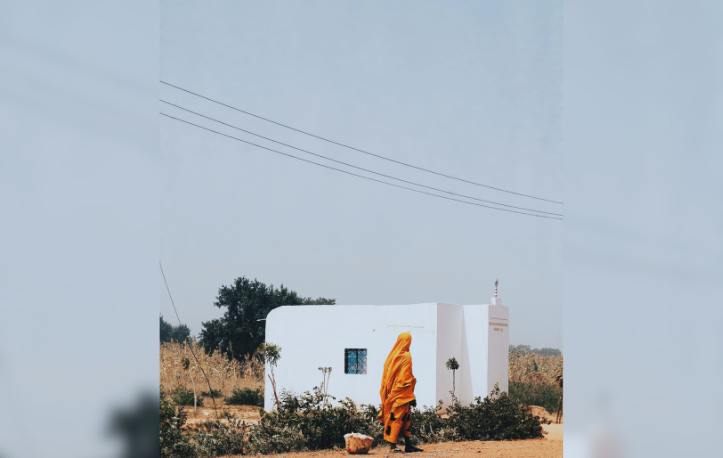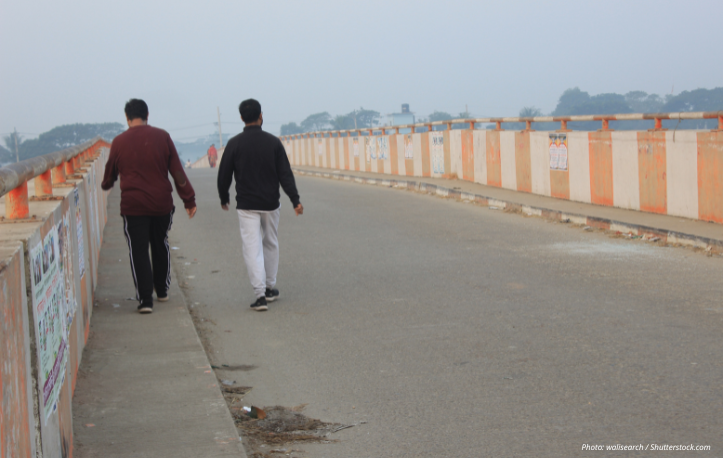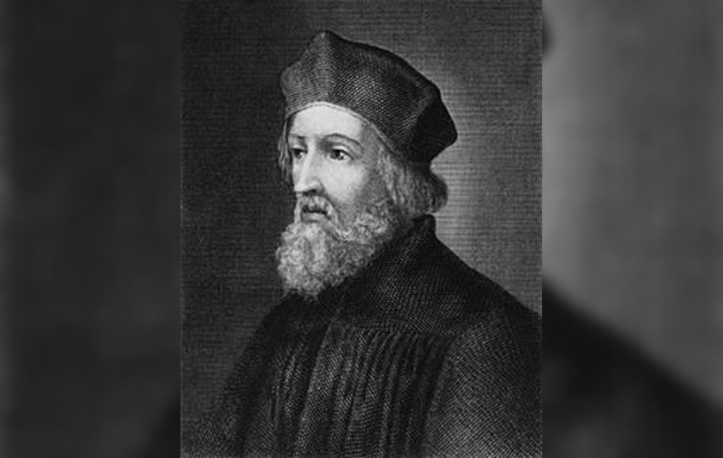On a peaceful Sunday morning, a beautifully decorated church hall in Kathmandu, Nepal, is filled with 300 worshippers seeking joy, comfort, and wisdom in fellowship and worship. Morning light flooded through the church windows, as people settled into their seats, ready for the service to begin.
As the officiating pastor took the pulpit and began to speak, a young man and woman entered the building through the back entrance.
Their faces were grave, and the woman carried a large black handbag. She moved quickly and quietly, sitting down next to other parishioners and placing the handbag on the seat next to her. She watched the pastor up front, occasionally glancing around.
After a few minutes, the woman turned to a middle-aged couple sitting next to her and asked, “Where is the bathroom?” The couple informed her that it was back near the entrance, and the woman stood up, leaving her handbag behind on the seat. She disappeared from the building with the man.
Some of the churchgoers glanced curiously at the bag, while others thought nothing of it and continued in prayer, their heads bowed and eyes closed, their lips moving soundlessly.
Suddenly, an explosive blast tore through the hall, shattering windows and tossing worshippers from their seats. Nails and shrapnel flew through the air, piercing and injuring people. Flames and smoke filled the sanctuary. In a split second, the peaceful atmosphere of the church had turned to chaos, as women screamed, children cried, and people ran around trying to find the exit.
Several injured people were sprawled across the ground, lying in pools of blood. Fifteen-year-old Celeste Joseph’s body lay lifeless on the ground, killed immediately by the explosion. Her mother, Buddha Laxmi Joseph, died later of a haemorrhage. Thirty-year-old Deepa Patrick, a newlywed from India who had been visiting her family in Nepal, died on the way to the hospital.
Police and ambulances arrived on the scene, and a second bomb was discovered and disarmed. Scattered throughout the debris were several green leaflets from an extremist Hindu organisation called the Nepal Defence Army (NDA).
A day after the bombing, Bishop Narayan Sharma of the Protestant Believers’ Church in Nepal received a call from the leader of the NDA. Though the leader “expressed regret for the death of innocent people,” he said his organisation wanted the restoration of Hinduism as the state religion.
Though the majority of Nepal’s population is Hindu, the country abolished its centuries-old Hindu monarchy in favour of a republic, and in 2006, the government declared Nepal a secular state. Christians and even Muslims in Nepal have faced persecution from two main sects: extremist Hindu groups hoping to reinstate the monarchical government of the past and/or restore Nepal to an exclusively Hindu state, or Maoist groups wishing to impose an atheistic communist regime. Hindu converts to Christianity may also be threatened and ill-treated by members of their families or villages for abandoning their faith and refusing to participate in Hindu religious practices.
Despite all this, the small number of Christians in Nepal continues to thrive and grow, undaunted in the face of persecution and death, choosing to believe that the love and peace of Christ will supersede the hate and violence of their attackers.
At a nationwide peace rally held a week after the bombing, Silas Bogati, the pastor leading the service at the time of the attack, said, “We are holding prayers to show our solidarity and religious tolerance…Some armed groups are trying to disturb religious harmony in Nepal, but they will never be successful.”




Submit a Prayer